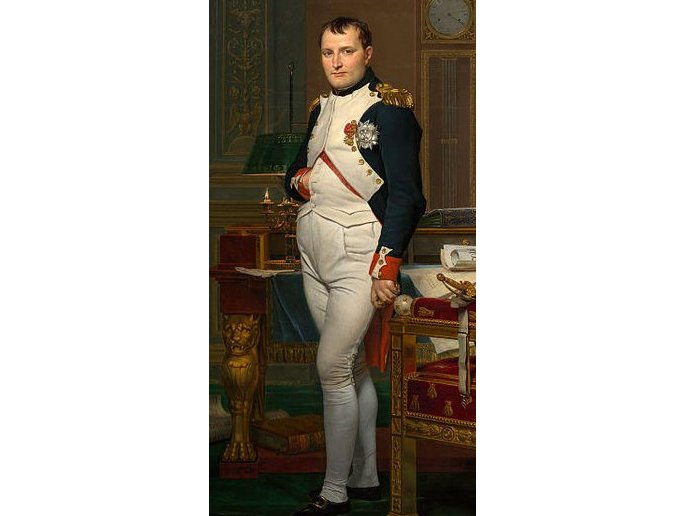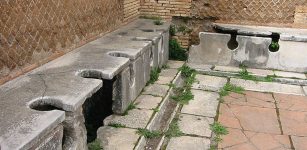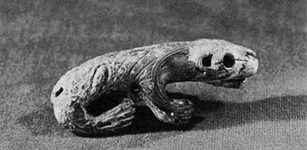On This Day In History: Napoleon Bonaparte Dies In Exile – On May 5, 1821
AncientPages.com - On May 5, 1821 - Emperor Napoleon Bonaparte - whose empire covered all of Europe - died in exile on the island of Saint Helena in the South Atlantic Ocean.
Bonaparte, born in Corsica, served in the French Revolutionary Army and the government.
Emperor Napoleon in his study at the Tuileries.Via Wikimedia Commons/National Gallery of Art
His reorganized army defeated Austria in 1802, and in 1804 he introduced a new system of law called the Napoleonic Code.
In 1804 he was declared emperor, and within less than five years, his empire stretched through Europe.
However, losses began to mount after an ill-planned invasion of Russia and the failure of Spain during the Peninsular War (1807–1814).
In 1814, he was exiled to the island of Elba but escaped back to France a year later. After raising a new army, he was defeated at Waterloo by forces under the command of the Duke of Wellington.
After being exiled to Saint Helena, he died six years later. In 1840, his body was returned to Paris and the Hotel des Invalides.
Was Napoleon Bonaparte poisoned? This question has baffled historians since the defeated French emperor’s death.
Napoleon had suspicions, writing in his will three weeks before his demise at age 51.
“I die before my time, murdered by the English oligarchy and its assassin.”
Longwood, the residence of Napoleon while in exile on St. Helena, from 1815 until his death in 1821. Image credit: Michel Dancoisne-Martineau - CC0
Among many theories for the exiled emperor’s death, there is one thing: arsenic poisoning—an idea reinforced by the remarkable condition of his body when it was exhumed in 1840 for reburial in Paris.
Because it is also toxic to microorganisms, arsenic slows down the decomposition of human tissue, a phenomenon described as “arsenic mummification.” Subsequent 20th-century tests of preserved locks of Napoleon’s hair tested positive for arsenic.
It was not proven that arsenic was the cause of Napoleon’s death. There is also a less dramatic but plausible alternative: Napoleon could have been poisoned through the toxic fumes of a wallpaper at Longwood, his prison home.
Perhaps the most convincing hypothesis, published in the Journal of the Royal Society of Medicine in 2004, is that Napoleon’s death was a “medical misadventure.”
It means that the various drugs he was administered combined with the arsenic and a weak state of health created a fatal imbalance and cardiac arrest.
They added:
“If the arsenic poisoning were intentional, it would still be a homicide.”
This mystery has never been solved.
AncientPages.com






















